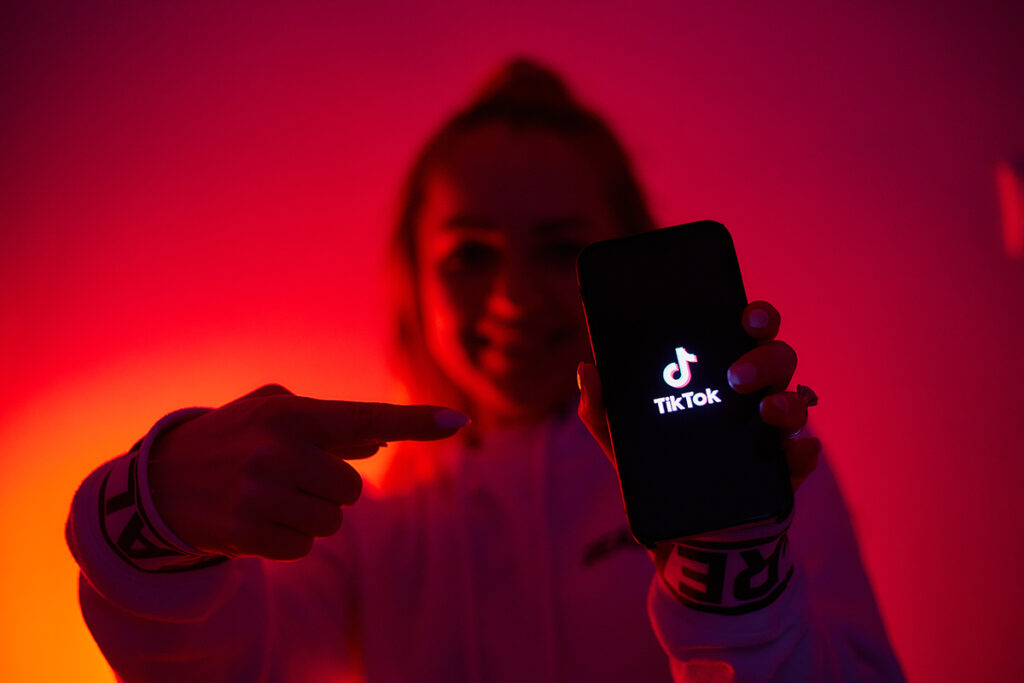Congress is on the brink of taking decisive action against the popular social media app TikTok, amid escalating concerns over national security implications linked to its Chinese parent company, ByteDance.
A newly proposed bill, slated for review by the House Energy and Commerce Committee, could result in TikTok’s expulsion from US app stores unless it’s swiftly divested from ByteDance. Under the proposed legislation, TikTok would have a narrow window of 165 days to sever its ties with ByteDance, failing which it would face expulsion from major platforms like Apple and Google.
This move marks the most aggressive stance taken by Congress against TikTok since the company’s CEO assured lawmakers last year that the app posed no threat to Americans.
The bill, introduced with bipartisan support, has garnered backing from key political figures including House Speaker Mike Johnson and the White House. Nevertheless, its prospects in the Senate are unclear.
In response, TikTok has launched a campaign to rally its massive user base against the proposed legislation, arguing that it infringes upon constitutional rights and could severely impact businesses and creators alike.
While proponents of the bill maintain that it’s not a ban but rather a mandate for TikTok to sever its ties with the Chinese Communist Party, critics fear its broader implications. The bill could extend its reach beyond TikTok, potentially affecting other apps and internet hosting services, casting a shadow over tech giants like Apple and Google.
The concerns surrounding TikTok stem from fears that China could exploit the app to access user data for intelligence purposes, though concrete evidence has yet to be presented publicly.
Previous attempts to rein in TikTok have faced legal hurdles and raised concerns about free speech rights. A federal judge in Montana temporarily blocked a statewide ban on TikTok last year, citing concerns over its potential infringement on First Amendment rights.
Opponents of the bill, including the American Civil Liberties Union and tech trade groups, have condemned it as unconstitutional. They argue that it not only threatens free speech rights but also encroaches upon the autonomy of private businesses, including app stores, to curate content as they see fit.
As the debate rages on, the fate of TikTok in the United States hangs in the balance. While policymakers grapple with national security concerns, the broader implications of the proposed legislation on free speech and private enterprise remain at the forefront of the discussion.


